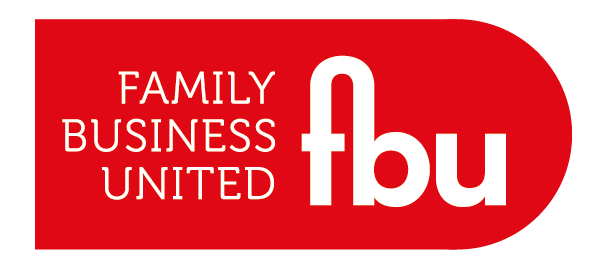
Change is vital to business growth and success, but is often a source of great discomfort for employees. Therefore, as a leader you should have a process in place to help employees accept and deal with change: the answer is not always simply to ‘get rid of them’.
Leaders should be comfortable with the uncertainty that change brings. According to Kotter, you need to teach your people how to change.
Lack of communication:
This is a recurring theme throughout this conflict resolution series. A lack of communication can cause conflict within teams. It creates negative attitudes to change through establishing a toxic 'us and them' separation between leaders and staff, and within teams. If staff feel leaders have information on the change that is not being shared, it can create issues such as:
- The creation of rumours to fill gaps in information. This can be hugely damaging as speculations are often inaccurate, creating a big task for you to clear up later.
- Lack of trust between teams and management. You should share as much as is appropriate with your staff. Conflict can also arise if information is shared with some staff and not others. For example, at a previous employer, during a period of change, no information was released for a number of months. When it came to light some staff had been informed of the change it created feelings of fear, jealousy, anger and betrayal among the teams that had been left in the dark.
- Not feeling that their concerns are being heard. Allow staff to express their feelings and concerns regarding the change. They may have valid points that haven't been considered yet!
To prevent this, what about adopting an ‘open door’ policy for staff to book time in with you so that they can air the concerns they will have. Make the change less of a daunting unknown. This way your employees will feel involved in the change and be more likely to be accepting of it. Take the time to really listen to your employees, to understand their position. This will allow you to respond in the right way and offer the necessary support throughout the change process.

Fear of the unknown:
You must recognise that change will push those you lead outside their comfort zone. As a leader, you can help your employees to turn away from defensive tendencies and denial often resulting in conflict. Some of the questions they may have include:
'What if I fail?'
'Will I still be able to do my job?'
'Will the change work?'
Instead, you should steer them towards accepting the change as an opportunity to achieve company success together. By addressing these questions directly, many of these concerns will be dealt with.
Express to your team that mistakes are okay, as it’s how we learn and develop.
Assure employees that they will be provided with the necessary training required during and after the change.
'But I don't want to change!'
'I like things the way they are'
'How will the change benefit me?'
'What does the change mean for me?'
'But we have always done it this way!'
These are common concerns we hear at the start of a change process. To avoid conflict regarding the change, it is vital that you get your team on board with it. A great way to do this is to explain the benefit of the change to them - what is the the wider vision/end goal this will help to achieve? How will it benefit them personally?
Remember: Often, remaining stagnant is more of a risk than implementing change. Change is what is necessary for the survival of businesses.
Something else to bear in mind is how others react to change. For more, read this webpage: https://www.discprofile.com/what-is-disc/overview
For more on employee resistance to change, read this article: https://www.linkedin.com/pulse/how-overcome-employees-resistance-change-ron-j-west/



.jpg)

